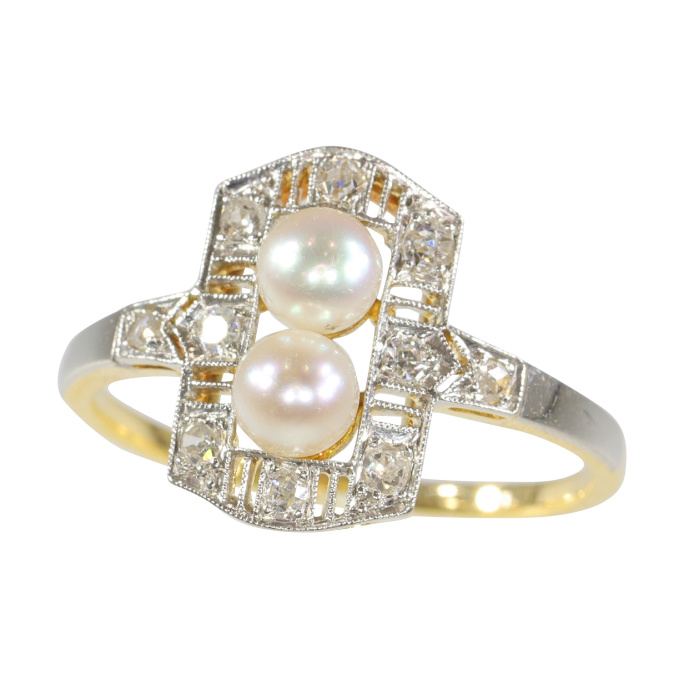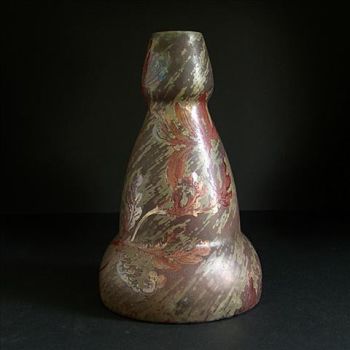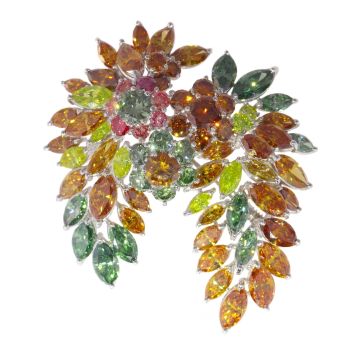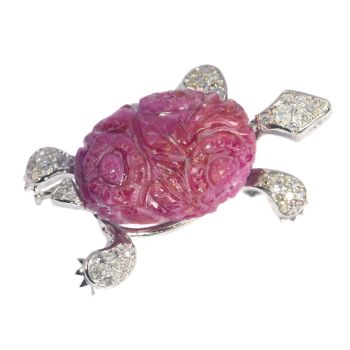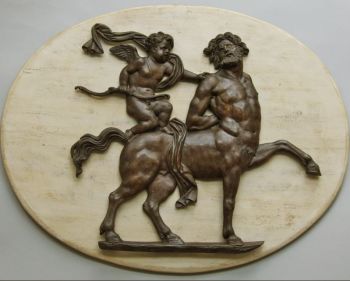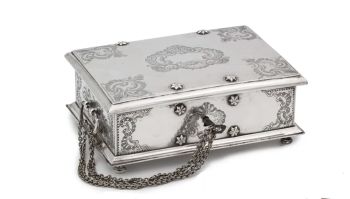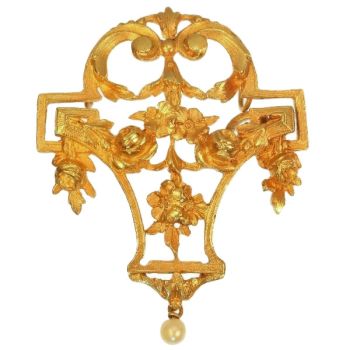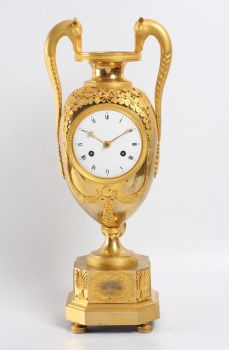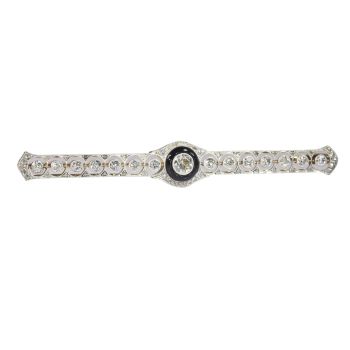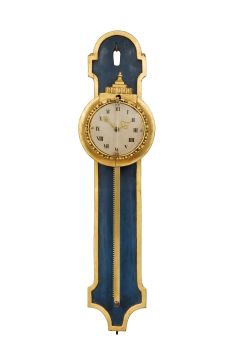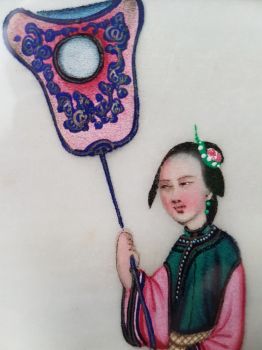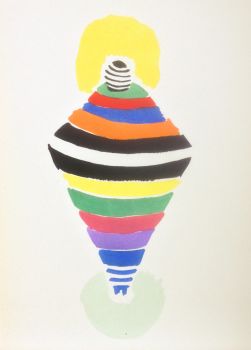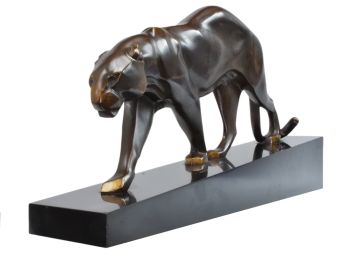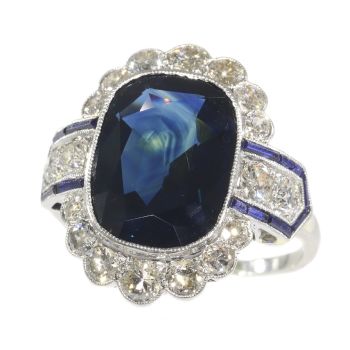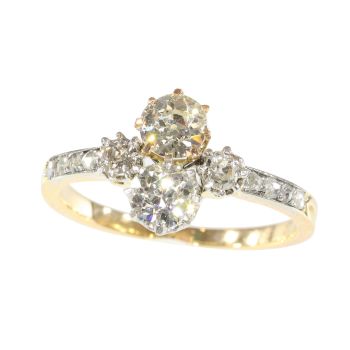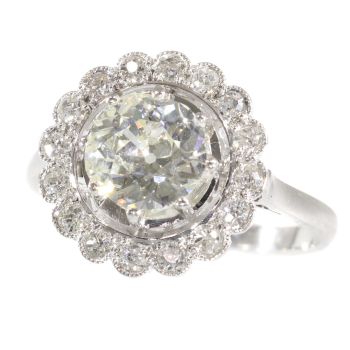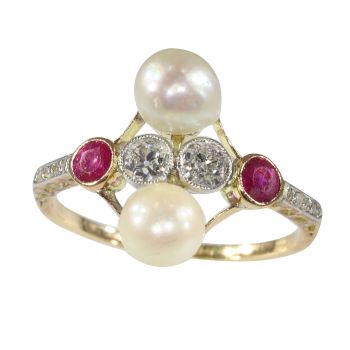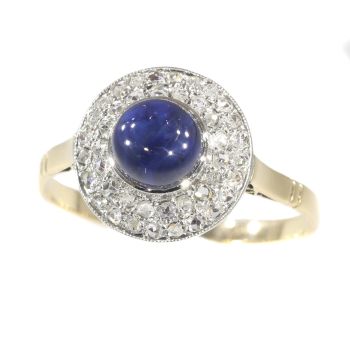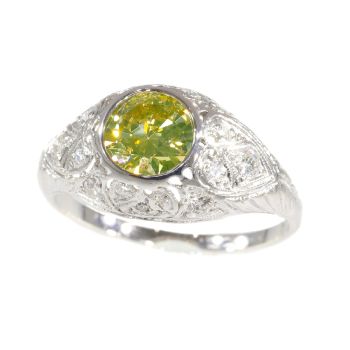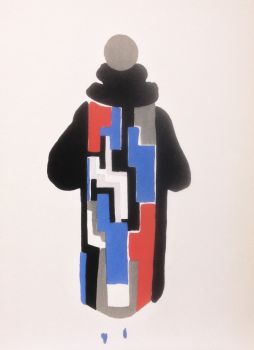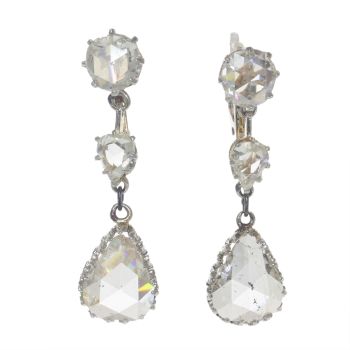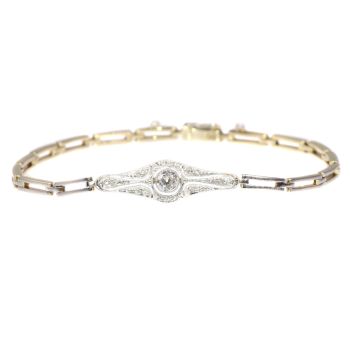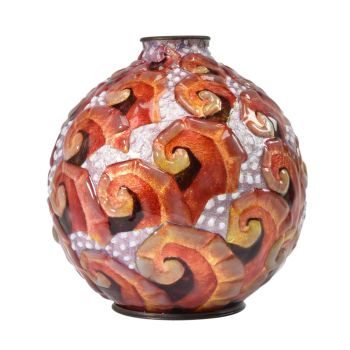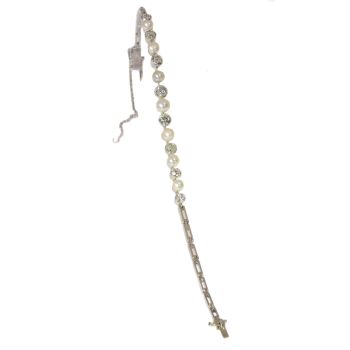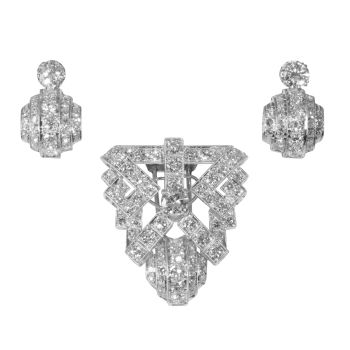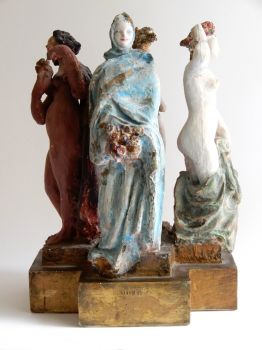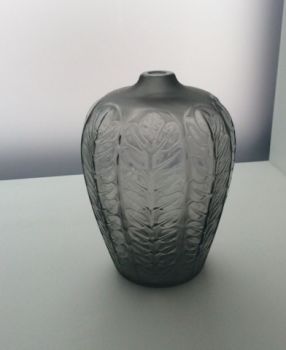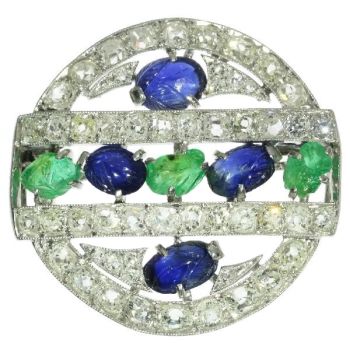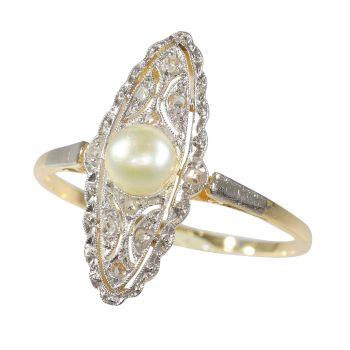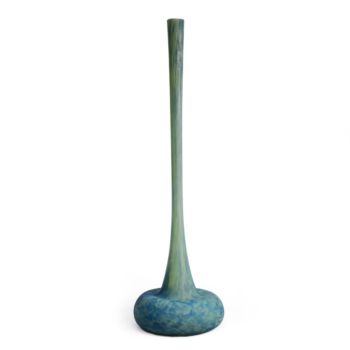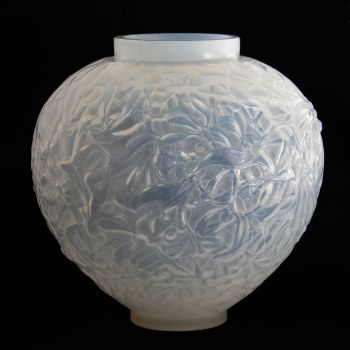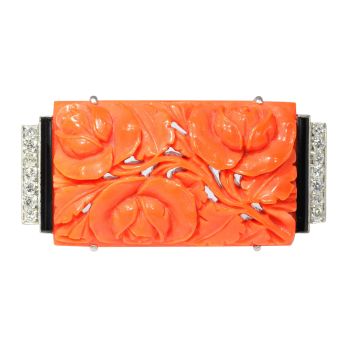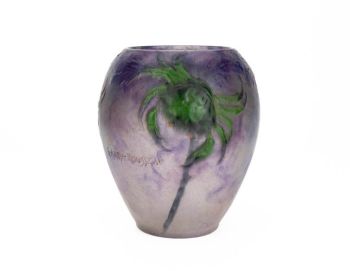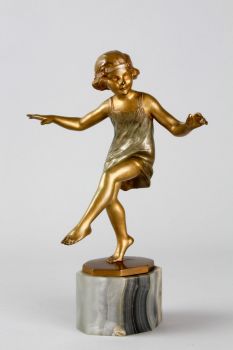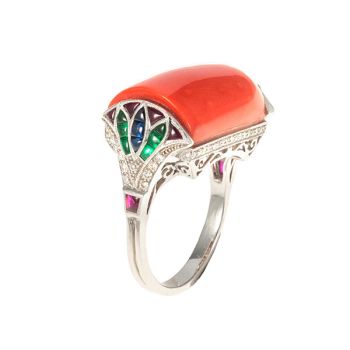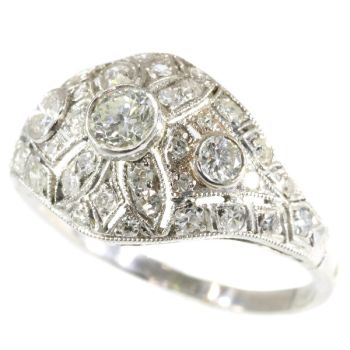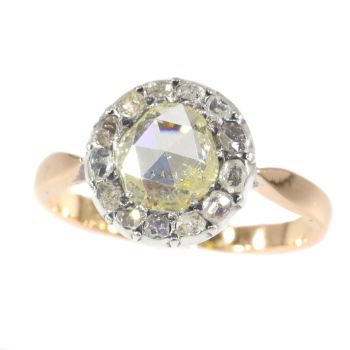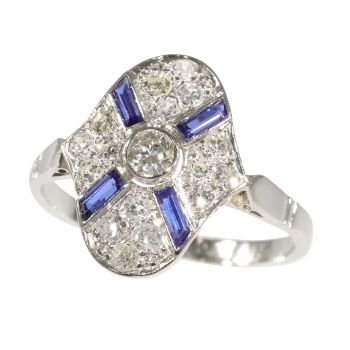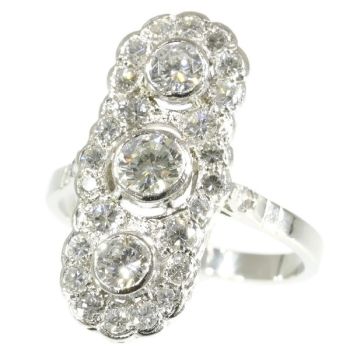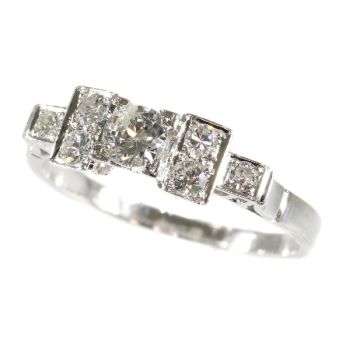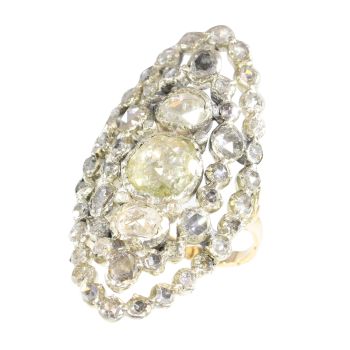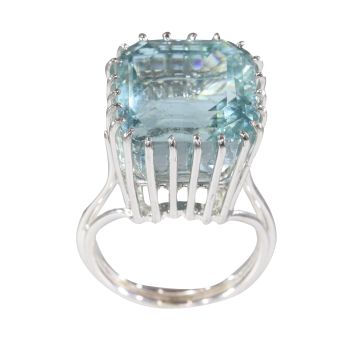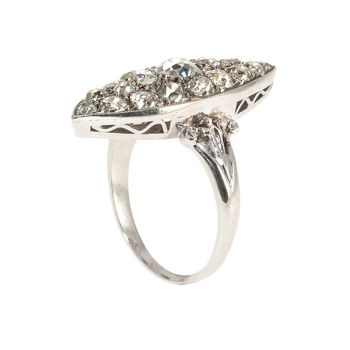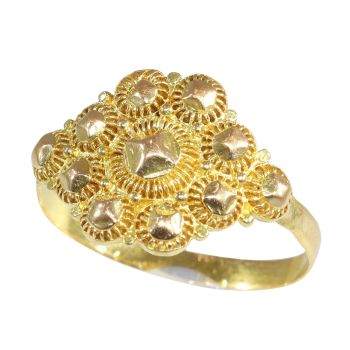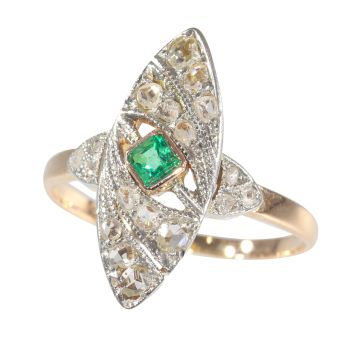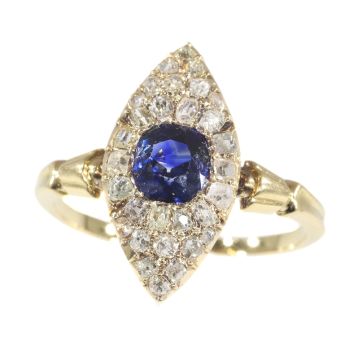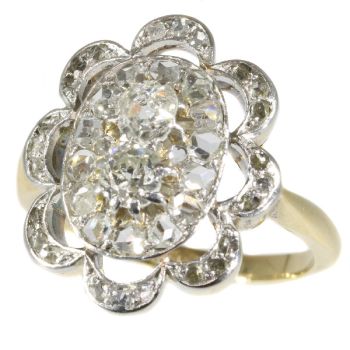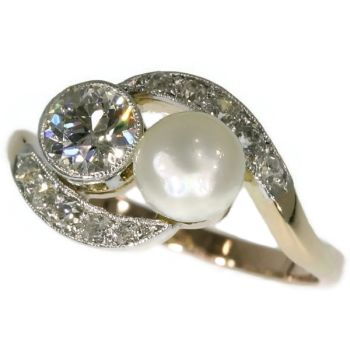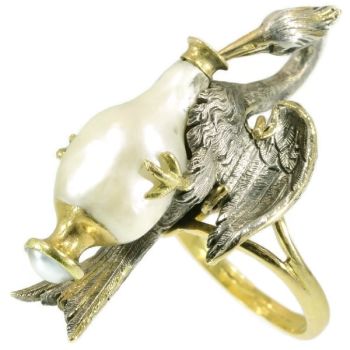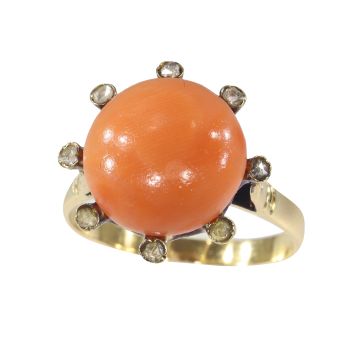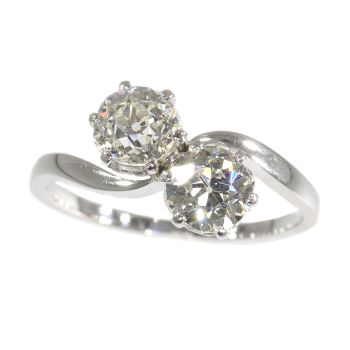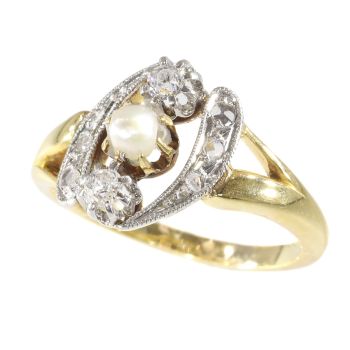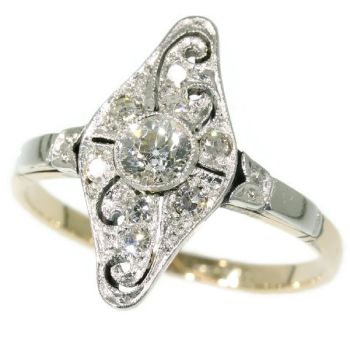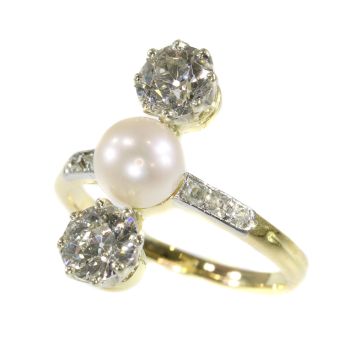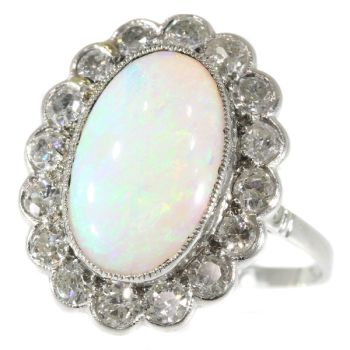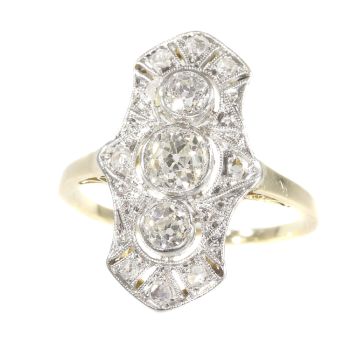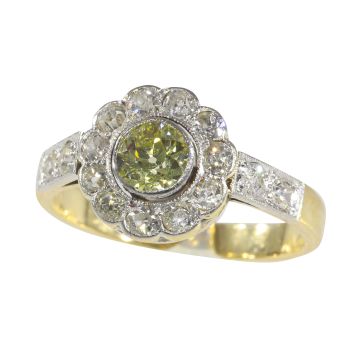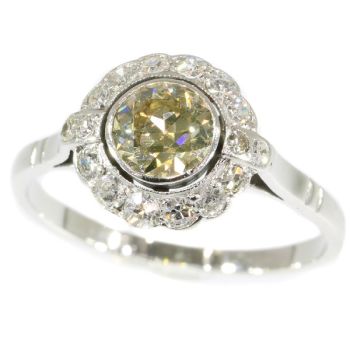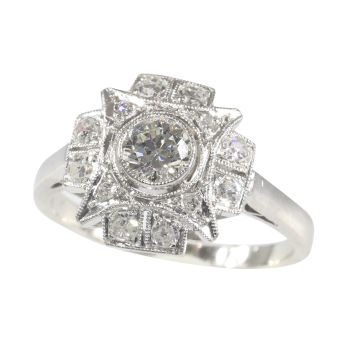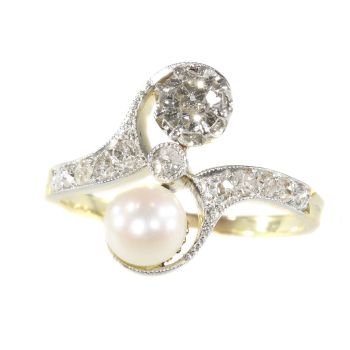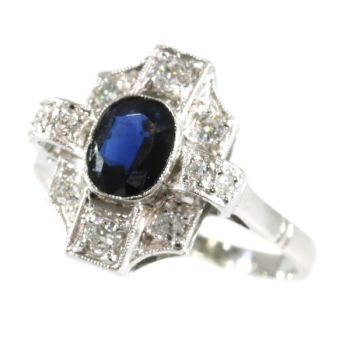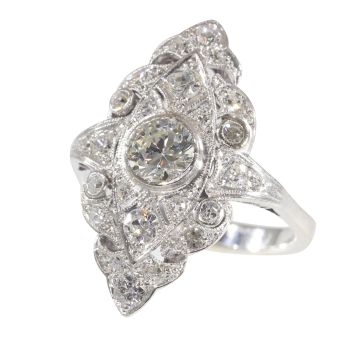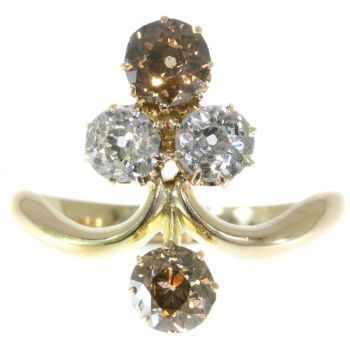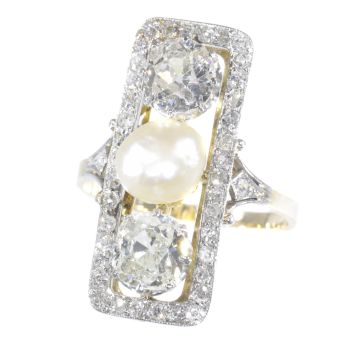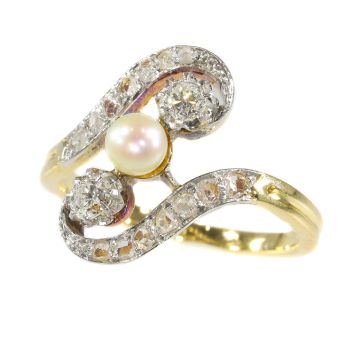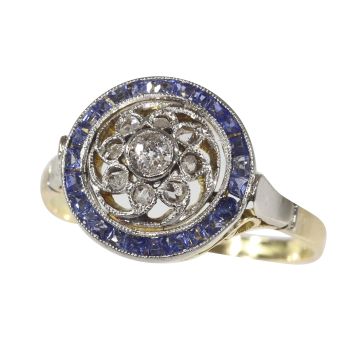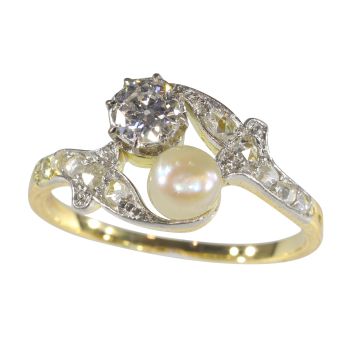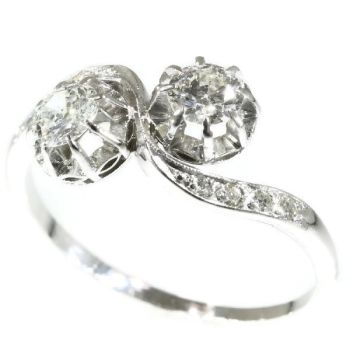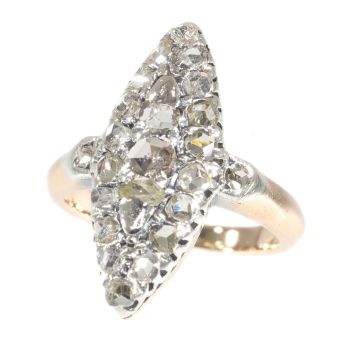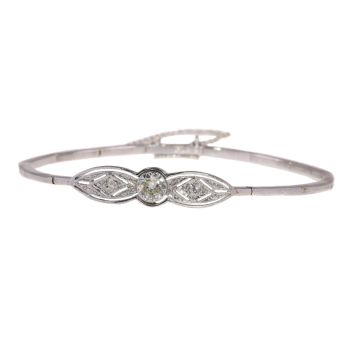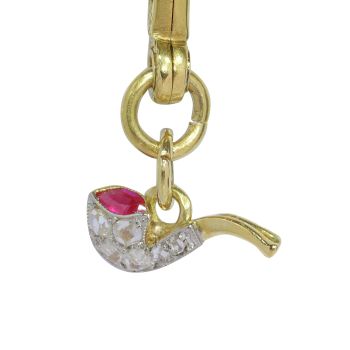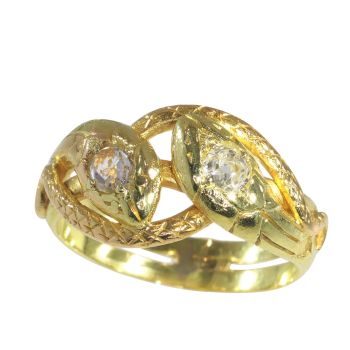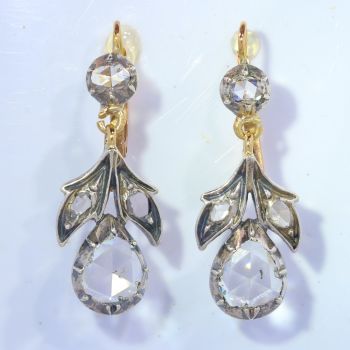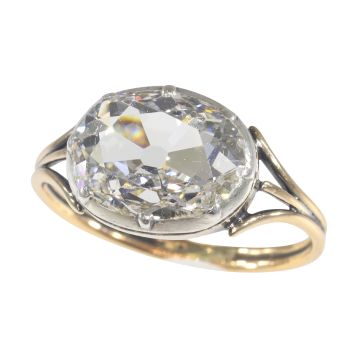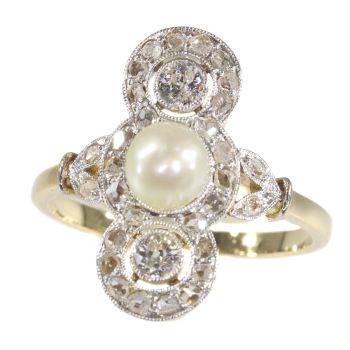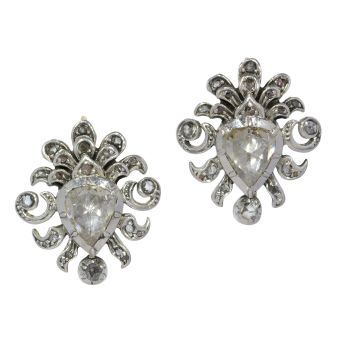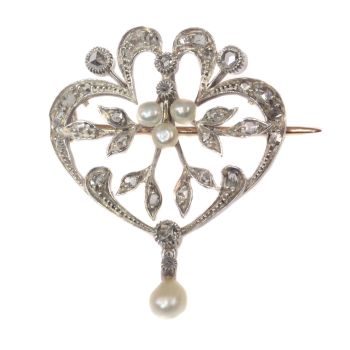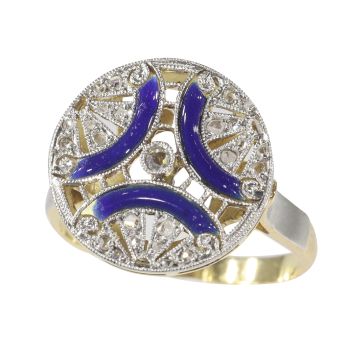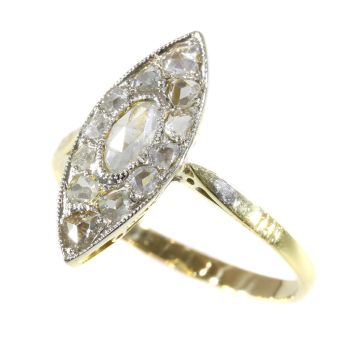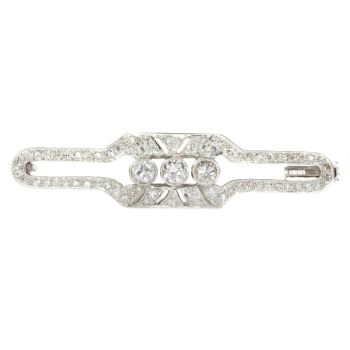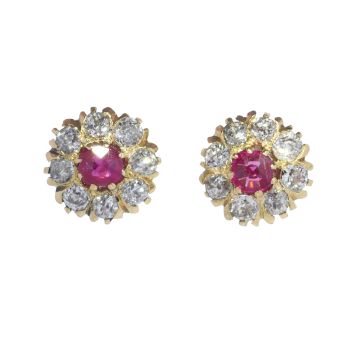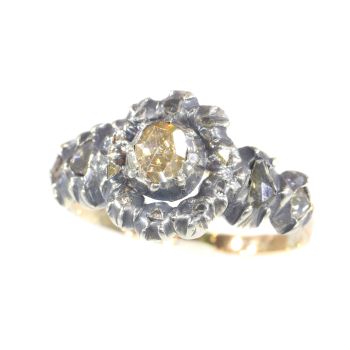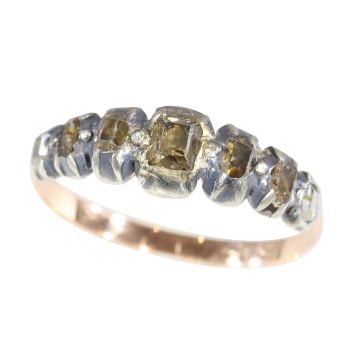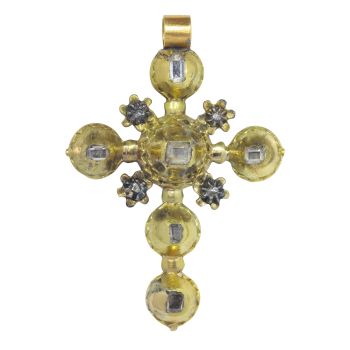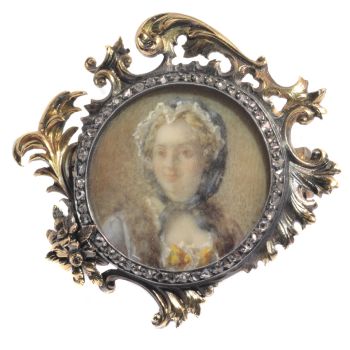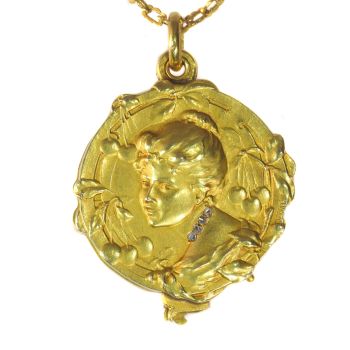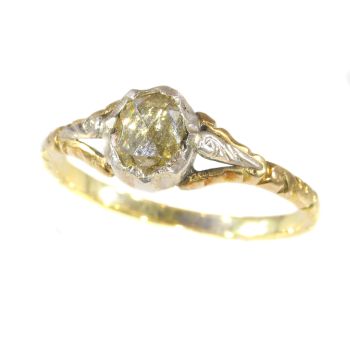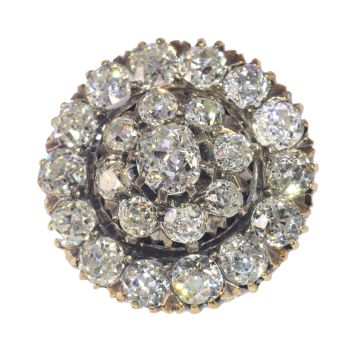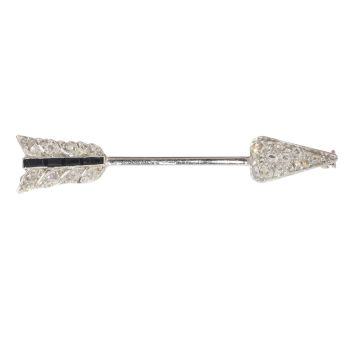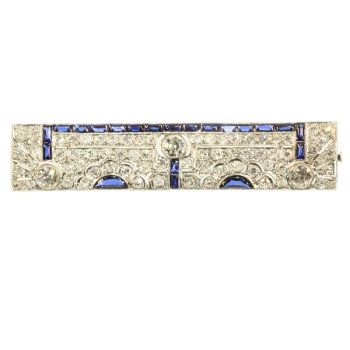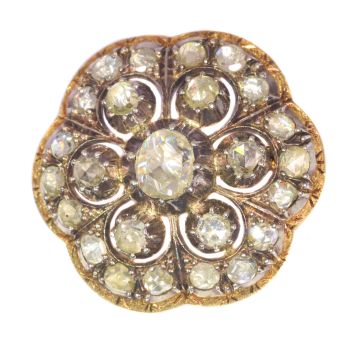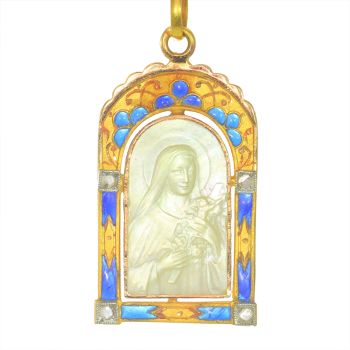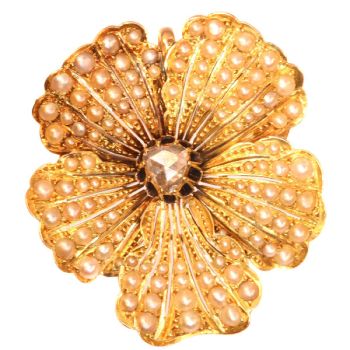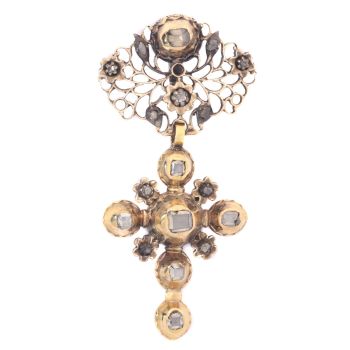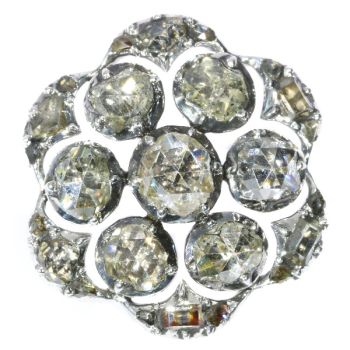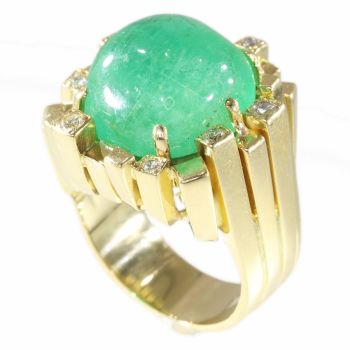Vintage 1920's Edwardian Art Deco diamond and pearl engagement ring 1920
Artista Sconosciuto
DiamantePerlaPietra preziosa
€ 1.300
Adin Fine Antique Jewellery
- A proposito di opere d'arte
Antique jewelry object group
engagement ring (or anniversary ring)
Condition
very good condition
more info on our condition scale
Country of origin
unknown
Style
Between Edwardian and Art Deco - The Edwardian era or Edwardian period in the United Kingdom is the period covering the reign of King Edward VII, 1901 to 1910. The death of Queen Victoria in January 1901 and the succession of her son, Edward, marked the start of a new century and the end of the Victorian era. While Victoria had shunned society, Edward was the leader of a fashionable elite which set a style influenced by the art and fashions of continental Europe—perhaps because of the King's fondness for travel. The era was marked by significant shifts in politics as sections of society which had been largely excluded from wielding power in the past, such as common labourers and women, became increasingly politicised. Art Deco is an eclectic artistic and design style which had its origins in Paris in the first decades of the 20th century. The style originated in the 1920s and continued to be employed until after World War II. The term "art deco" first saw wide use after an exhibition in 1966, referring to the 1925 Exposition Internationale des Arts Décoratifs et Industriels Modernes that was the culmination of high-end style modern in Paris. Led by the best designers in the decorative arts such as fashion, and interior design, Art Deco affected all areas of design throughout the 1920s and 1930s, including architecture and industrial design, as well as the visual arts such as painting, the graphic arts and film. At the time, this style was seen as elegant, glamorous, functional and modern.
See also: Edwardian and Art Deco
more info on styles
Style specifics
As for its elegant design, this jewel has the finesse of an Edwardian piece reacting gracefully against the very geometrical forms of Art Deco that was strongly influenced by Cubism. However, because both Edwardian and Art Deco styles were contemporaries of each other, we sometimes notice pieces - like this one - that carry both influences.
Period
ca. 1920
Events & facts of this era, poetry of this era, fashion of this era.
Material
Two tones of precious metal, the main part being 18K yellow gold and the white parts are either white gold or platinum. (touchstone tested)
more info on precious metals
Extra information
Betrothal rings were used during Roman times, but weren't generally revived in the Western world until the 13th century. The first well-documented use of a diamond ring to signify engagement was by the Archduke Maximilian of Austria in imperial court of Vienna in 1477, upon his betrothal to Mary of Burgundy.
Before the 20th century, other types of betrothal gifts were common. Before the end of the 19th century, the bride-to-be frequently received a sewing thimble rather than a engagement ring. This practice was particularly common among religious groups that shunned jewelry. Engagement rings didn't become standard in the West until the end of the 19th century, and diamond rings didn't become common until the 1930s. Now, 80% of the women are offered a diamond ring to signify engagement. (from: Wikipedia)
Diamonds
Eight single brilliant cut diamonds (also called 8/8)with an estimated weight of ± 0.24ct colour and clarity F/I, si
Two rose cut diamonds. We do not have the weight of the diamonds which is normal in our trade when it comes to rose cuts.
All diamond weights, color grades and clarity are approximate since stones are not removed from their mounts to preserve the integrity of the setting.
All diamonds we offer are screened by the I.J.G.C. for whether they are natural or synthetic, and all diamonds in this jewel are 100% guaranteed to be natural.
Precious stones
Two seed pearls
Birthstones
Diamond is the birthstone (or month stone) for April and pearl for June.
more info on birthstones
Monogram
CB (=?)
Hallmarks
"750" indicating 18K gold
more info on hallmarks
Dimensions
top of ring 1,30 cm (0,51 inch) x 0,81 cm (0,32 inch)
see picture with a ruler in millimeters and inches
Weight
2,50 gram (1,61 dwt)
Ring size Continental EU: 52 & 16½ , Size USA: 6 , Size UK: L
Resizing
Free resizing (only for extreme resizing we have to charge).
more info on ring sizes
Adin Reference Nº
23271-0580
Copyright photography
Adin, fine antique jewellery
Additional information
our latest acquisitions
jewelry glossary
wall of fame
visit us in Antwerp
subscribe to our mailinglist
- A proposito di opere artista
Può succedere che un artista o un creatore sia sconosciuto.
Alcune opere non sono determinate da chi sono state realizzate o sono state realizzate da (un gruppo di) artigiani. Esempi sono statue dell'antichità, mobili, specchi o firme non chiare o leggibili ma anche alcune opere non sono affatto firmate.
Inoltre puoi trovare la seguente descrizione:
•"Attribuito a …." A loro avviso probabilmente opera dell'artista, almeno in parte
•“Studio di ….” o “Officina di” A loro avviso un'opera eseguita nello studio o nella bottega dell'artista, eventualmente sotto la sua supervisione
•“Cerchio di…” A loro avviso un'opera del periodo dell'artista che mostra la sua influenza, strettamente legata all'artista ma non necessariamente al suo allievo
•"Stile di..." o "Seguace di..." A loro avviso un'opera eseguita nello stile dell'artista ma non necessariamente da un allievo; può essere contemporaneo o quasi contemporaneo
•“Modalità di…” A loro avviso un'opera nello stile dell'artista ma di epoca successiva
•"Dopo …." A loro avviso una copia (di qualsiasi data) di un'opera dell'artista
•“Firmato…”, “Datato…” o “Iscritto” A loro avviso l'opera è stata firmata/datata/inscritta dall'artista. L'aggiunta di un punto interrogativo indica un elemento di dubbio
•"Con firma....", "Con data...", "Con iscrizione..." o “Riporta firma/data/iscrizione” a loro avviso la firma/data/iscrizione è stata aggiunta da qualcuno diverso dall'artista
Sei interessato ad acquistare questa opera d'arte?
Artwork details
Related artworks
Artista Sconosciuto
Two Centaurs, France or Italylate 18th
Prezzo su richiestaRobert Schreuder Antiquair
1 - 4 / 12Gabriel Argy-Rousseau
Gabriël Argy-Rousseau – Crabes et Algues vase – 19201920 - 1929
Prezzo su richiestaAntiques Emporium
1 - 4 / 24- 1 - 4 / 24
- 1 - 4 / 24
- 1 - 4 / 24
- 1 - 4 / 12

